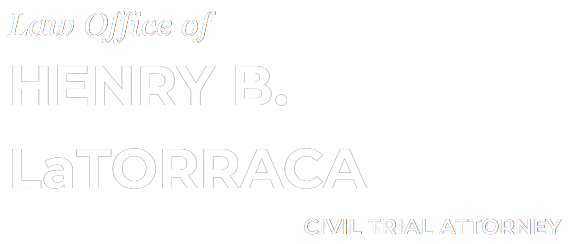Representation In Intentional Torts (Civil Wrongs) Matters
What Is Tort Law?
A tort law is a law that protects us when we are harmed or injured in a non-criminal way. A civil wrong is handled in civil court, not criminal court.
The Difference Between A Criminal And A Civil Case
- When a person is harmed in a violent way, then this is a criminal case. The state brings the case against the alleged perpetrator, not the person who was harmed (the victim).
- In a criminal case, the alleged perpetrator is called the defendant.
- If the alleged perpetrator is found guilty in a criminal case, then he or she will typically go to prison.
- In a civil case, the person who was harmed is known as the plaintiff.
- The person or business who acted in a harmful or negligent manner is known as the defendant.
- Under tort law, if the defendant is found guilty, that individual or party does not go to jail but instead pays the injured person for damages.
The Two-Fold Purpose Of Tort Law
The first purpose of tort law is to compensate us for damages. Damages can mean harm to our financial situation, our future or our reputation.
We live in community with one another, so it is beneficial to prevent or discourage malicious and injurious behaviors. That is why the second purpose of tort law is to discourage other individuals or parties from acting in similar harmful ways.
Intentional Torts In California
Intentional torts are the laws that govern when a person either failed to act (negligence) or acted in a harmful way (s) and knew it was wrong to do so.
California intentional torts include:
- Malicious prosecution: This means that in a previous case the plaintiff brought about a criminal case that was without merit, and sought only to inflict harm, harass or annoy the defendant.
- Assault: Includes actions, such as touching a person in an offensive way or lifting a skirt, that are harmful or offensive.
- Battery: Includes behaviors that cause fear of immediate harmful or offensive contact.
- Invasion of privacy: This can involve appropriation of your name or likeness, putting you in a false light, disclosing private details about you or your family to the public, or intrusion upon your seclusion (for example using a webcam or looking into your windows).
- Abuse of process: This relates to bringing about a court case that has little or no basis and seeks only to injure another person or party. However, just because someone files a complaint it does not necessarily constitute an abuse of process. An attorney who handles intentional torts will be able to advise you on your specific matter.
- Intentional infliction of emotional distress: Typically, beyond rude or simply obnoxious behavior, these actions are extreme and outrageous and cause emotional and sometimes physical harm (such as migraines or ulcers).
- Conversion: Meaning the taking, damaging or selling of your rightful property.
- Trespass: To real property (land) and personal property.
- Defamation: Involves damage of your reputation, including libel and slander.
Contact The Law Office Of Henry B. LaTorraca
For a careful review of your potential civil litigation intentional tort case, please contact attorney Henry B. LaTorraca at the Long Beach, California, office at 562-216-2942. Attorney LaTorraca offers a confidential consultation to discuss the merits and options of your matter.
Attorney LaTorraca’s work on behalf of his clients has earned him the respect of his peers who have honored him with an AV-Preeminent rating* through the Martindale-Hubbell peer review ratings, its highest possible rating.
*AV®, AV Preeminent®, Martindale-Hubbell Distinguished and Martindale-Hubbell Notable are certification marks used under license in accordance with the Martindale-Hubbell certification procedures, standards and policies. Martindale-Hubbell® is the facilitator of a peer review rating process. Ratings reflect the anonymous opinions of members of the bar and the judiciary. Martindale-Hubbell® Peer Review Rating™ fall into two categories – legal ability and general ethical standards.




